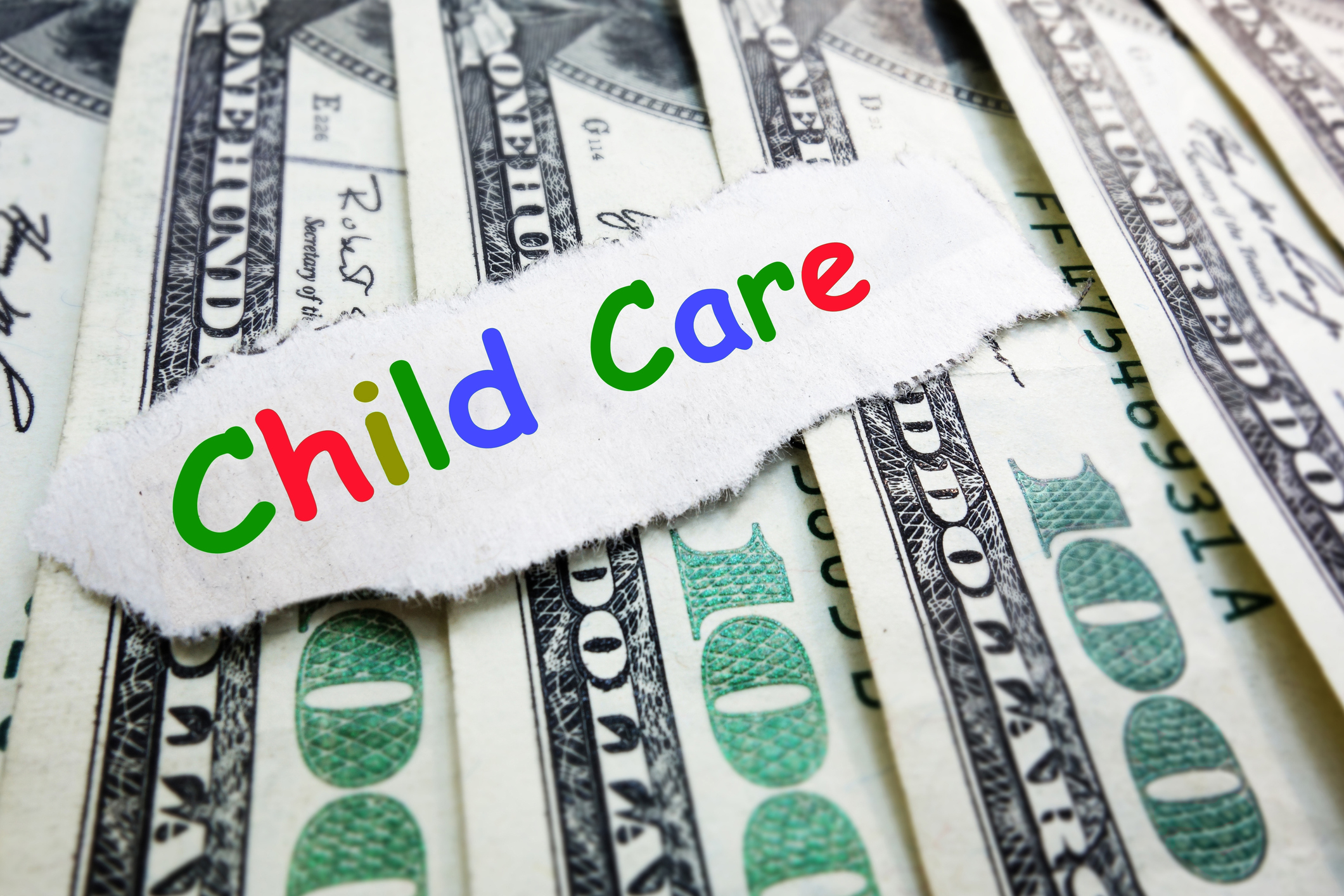If you are reading this, it is probably because you or your childcare center received a Child Care Assistance Program (CCAP) Notice of Overpayment.
Receiving this overpayment notice will bring two questions immediately to mind:
- What does this mean?
- What should I do next?
This is the first in a series of articles addressing how a CCAP agency can challenge these alleged overpayments.
What Does This MEAN? — Overpayments
In most cases, the short answer is that Department of Human Services (DHS) has decided that your childcare agency failed to maintain proper records. In later articles, I will address the regulations in greater detail.
The CCAP Fraud Investigations Unit is part of DHS. This unit conducts investigations to determine whether CCAP-authorized childcare centers have complied with the applicable regulations. A childcare center may only bill CCAP for services documented according to the record-keeping requirements set forth in Minnesota Statutes, section 119B.125, subdivision 6.[1]
As a condition of payment, childcare centers receiving CCAP payments must keep accurate and legible records at the site where services are delivered for children receiving childcare assistance and make those records “available immediately” to DHS or the county upon request.[2] Records must be maintained for six years after the date of service.[3] Any records not made available immediately at the date and time they are requested are deemed inadmissible if offered as evidence by the provider in any proceeding to contest an overpayment or the provider’s disqualification.[4]
An agency’s failure to comply with the requirements is grounds for an overpayment claim for each non-compliant record, and a showing of intent is not required.[5]
What Should I Do Next?
- Contact an Attorney ASAP. If you disagree with an agency’s decision, it is up to you to challenge that decision through an administrative appeal. In Minnesota, a corporation may appear only by attorney, including in administrative courts. The same rule applies to Limited Liability Corporations (LLCs) and Limited Liability Partnerships. Participation by non-attorneys can be fatal to the party’s case. In other words, if your business is a corporation, LLC, or LLP, it must be represented in administrative court by a Minnesota-licensed attorney, or you risk losing your appeal for this reason alone.
- File Your Appeal On Time and in Compliance with Requirements. You may challenge the notice by filing a written request of appeal and requesting a contested case hearing. This written request must be received by the commissioner no later than 30 days after the date the notification of monetary recovery or sanction was mailed to the vendor.[6] This appeal must be filed in the time and in the manner that the agency sets—or face automatic dismissal and be stuck with the administrative decision permanently. If the deadline to appeal is missed, there is no next step.
- Don’t Try to Make Peace with DHS. I have seen this scenario play out all too often. A CCAP agency receives an overpayment notice; the agency then provides a good-faith response in hopes it will convince DHS that the agency runs an ethical and honest business; and then DHS ultimately uses statements and evidence provided with agency’s response to support its overpayment decision.
Final Thoughts
As with so many other businesses defending themselves against fines, punishment, and revocation of licenses, a CCAP agency faced with an overpayment has the odds stacked against them. The stakes are too high to fight that battle alone. Please contact me at (952) 746-2139 or bkenny@hjlawfirm.com if you are facing CCAP overpayments or other CCAP challenges.
Stay tuned for the next installments in this series, addressing how CCAP agencies can most effectively challenge overpayments.
[1] Minn. Stat. § 119B.13, subd. 6(a). [2] Minn. Stat. §§ 119B.125, subd. 6 & 245E.05, subds. 1–2. [3] Minn. Stat. § 119B.125, subd. 6(b). [4] Id., subd. 6(a). [5] Id., subd. 7(a). [6] Minn. Stat. § 119B.125, subd. 2(e).


